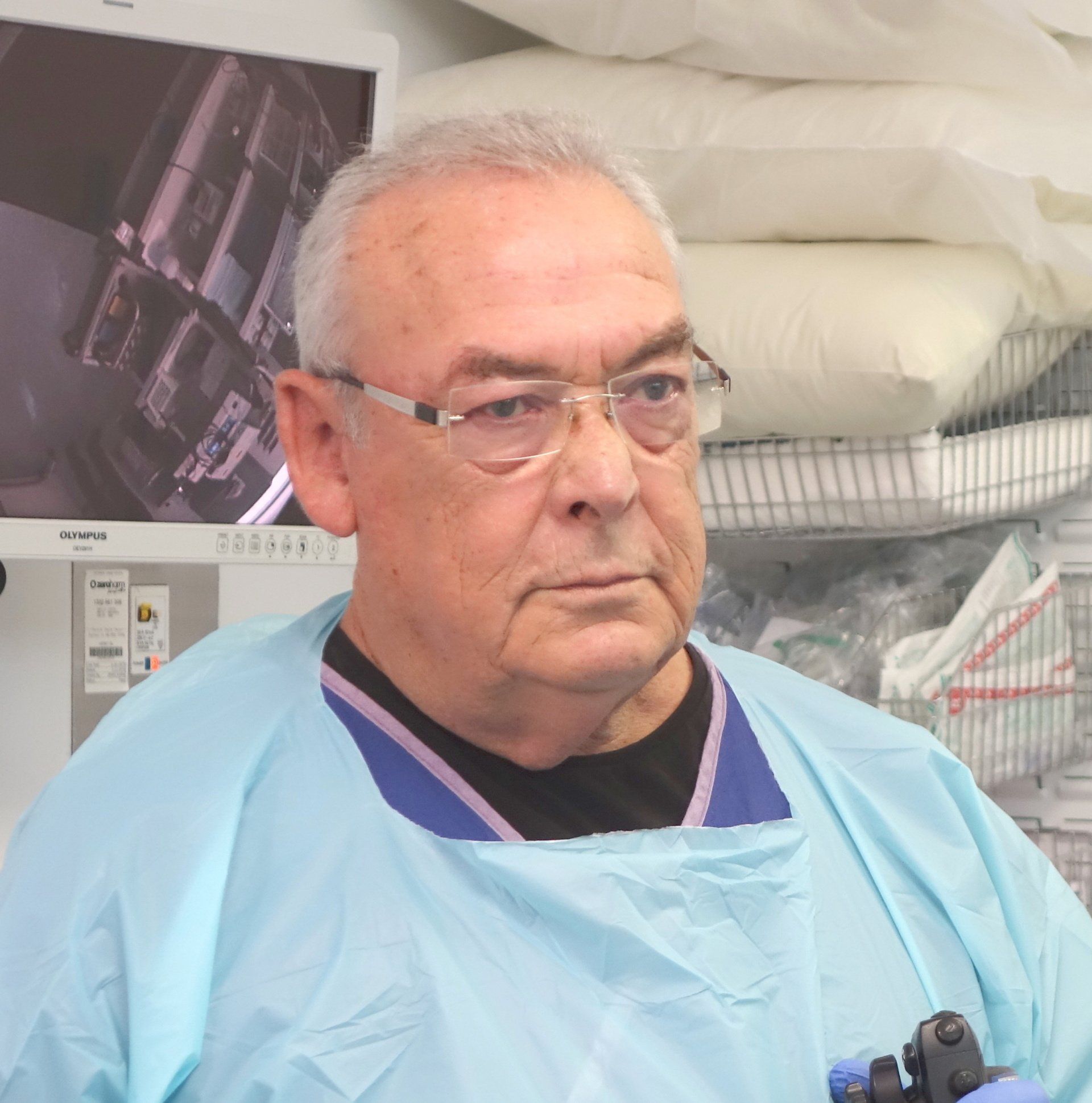Anorectal Cancer
What is Anorectal Cancer?
Anorectal or Anal cancer is cancer affecting the tissue of the anal canal. It responds well to chemotherapy and radiation.
The five-year survival rate across the different stages of anal cancer varies from 67% to 82%.
Who does Anorectal Cancer Affect?
Anal cancer usually affects older adults, older than 35 years of age and is more common in adults in their early 60s. 1 in 500 individuals is at risk of developing anal cancer in their life and women are at a slightly higher risk as compared to men.
How does Anorectal Cancer Occur?
Cancer occurs when abnormal cells begin producing without check and balance in any given tissue. This is most often as a result of genetic mutation.
When the anal canal tissue has abnormal cells growing and dividing without control, they form a tumour, resulting in anal cancer.
Causes of Anorectal Cancer
The causes of anal cancer are still not fully understood but risk factors that can increase the chance of cancer in men include:
- Human Papilloma Virus infection (HPV) via sexual transmission. This is considered often as the most common cause
- Age of 50 years and above
- Multiple sexual partners
- Anal intercourse
- History of long-term smoking
- HIV infection and other conditions that disrupt the immune system
Symptoms of Anorectal Cancer
The most common symptoms of anal cancer include:
- Rectal bleeding
- Pain in the anal region
- A sensation of a mass present in the anal canal
- Itching or fluid discharge from the anal canal
Types of Anorectal Cancer
The types of anal cancer evidenced include:
- Squamous cell carcinoma, which is the most common variant,
- Cloacogenic carcinoma accounts for 25% of anal cancer cases,
- Adenocarcinoma,
- Basal cell carcinoma,
- Melanoma.
Stages of Anorectal Cancer
Anal cancer is classified into groups according to the TNM staging system, based on cancer’s:
- Extent,
- Size of the primary tumour,
- Number of involved lymph nodes and
- Metastasis.
The treatment options differ according to the stage, with advanced stages requiring a more aggressive treatment plan.
How is Anorectal Cancer Diagnosed?
The diagnosis for anal cancer is initially made by:
- taking a complete medical history, and
- a complete physical examination including a digital rectal exam and visual examination of the anal canal and rectum as well.
The doctor will also conduct an ultrasound and may take biopsy samples to confirm the diagnosis and type of anal cancer.
Once anal cancer is confirmed, the doctor may perform other tests such as a CT or MRI scans to determine the spread of cancer.
How is Anorectal Cancer Treated?
Anal cancer is very manageable if diagnosed early.
The treatment is determined by the extent of the spread and stage of the cancer. Treatment options include:
Combination Therapies
Surgery or local resection of the cancer tissue, combined with Chemotherapy and Radiation therapies can be effective.
Abdominoperineal Resection
In cases of poor response of the cancer cells to chemotherapy and radiation, the surgeon may consider a more extensive surgery known as Abdominoperineal Resection. Abdominoperineal Resection resection involves complete removal of the anal canal, rectum and also part of the colon. The patient is fitted with a colostomy bag which connects to the remaining colon through an opening in the abdomen.
Immunotherapy
Associated Palliative Care
Palliative Care to provide pain relief and emotional support during treatment.
What if Anorectal Cancer is Untreated?
If left untreated or improperly managed, anal cancer can result in delayed diagnosis and treatment, reducing the chance of a complete cure.
This further reduces the quality of life. In rare cases, anal cancer can metastasize to the lungs and liver.
Dr Donald Walker
Write your caption hereMore
Dr Johan Van Den Bogaerde
Write your caption hereMore
Trusted for more than 25 Years
PANCREAS & BILIARY
Digestion Problems - Dyspepsia









